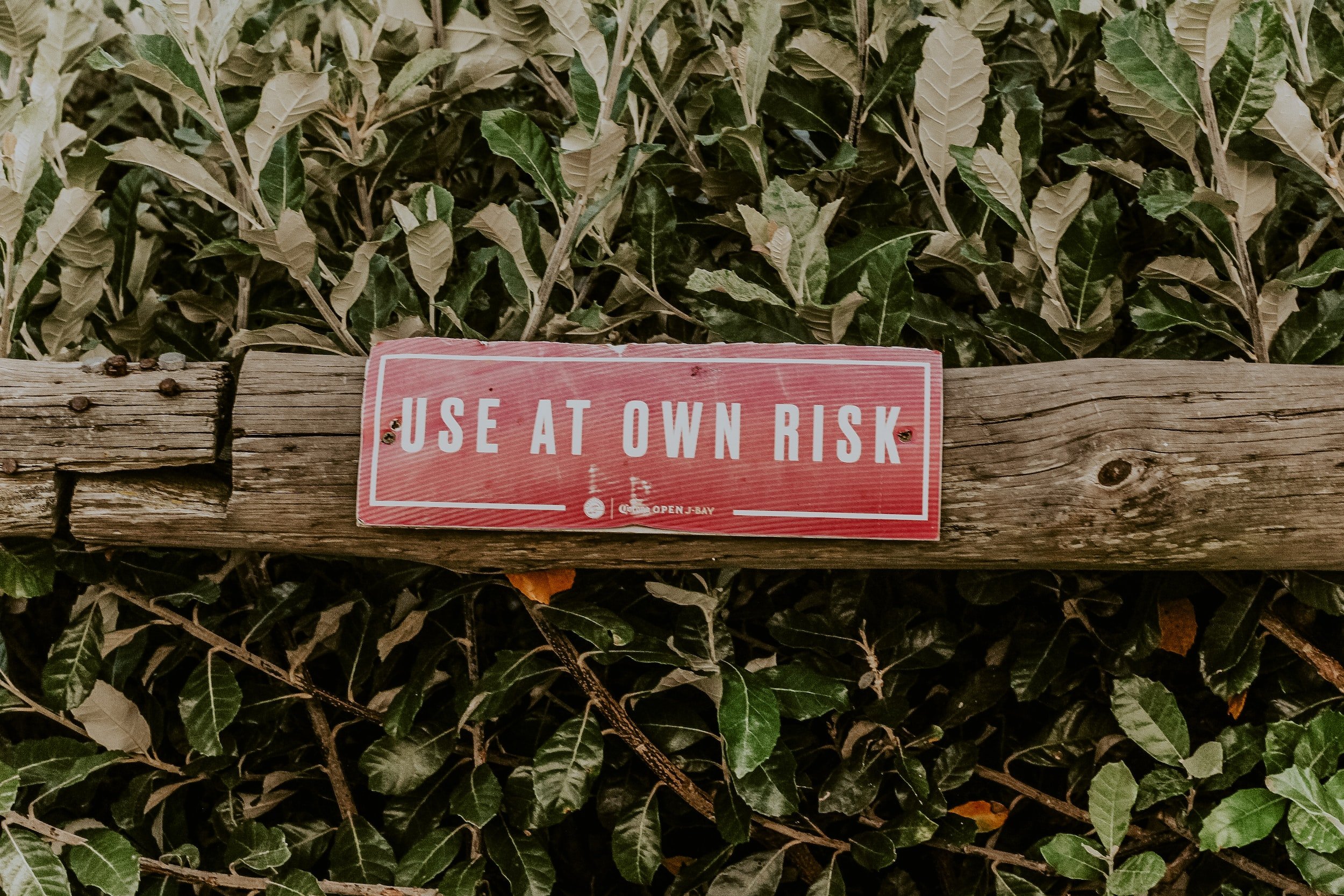
Self Care Assessments
Having a reliable and valid self-care measure for mental health professionals is the first step to analyzing the long-term implications of self-care. We suggest researchers fully utilize the existing measures or information and continue to assess and improve the psychometric properties of these scales. Moreover, training program faculty may consider tracking self-care development and its relations to professional outcomes longitudinally, both within the course of training and beyond. The professional organization may also consider incorporating self-care assessment into continuous education or professional development programs for independent and experienced professionals.
Based on the results of our review, we identified several self-care instruments for psychologists or psychology trainees with moderate to strong evidence for most of the measurement properties however, researchers should keep in mind that further evidence to support the use of these scales is needed. :
Specifically, if the focus is on self-care behaviors at the individual level, we recommend the use of PSCS (designed for psychologists, Dorociak et al., 2017) and SCBI (designed for graduate trainees, Santana et al., 2017).
If systems-level factors are considered, suggested measures include the PSEQ (designed for graduate trainees, Goncher et al., 2013) and TISC-Revised (designed for child welfare workers, Salloum et al., 2018).
We also recommend the inclusion of a variety of validity measures (e.g., competence, professional functioning, and well-being) in assessment.
Individual Level Assessments
Individual Level Assessments
Systems Level Assessments
Systems Level Assessments
Validity Measures
Validity Measures
The Brief Resilient Coping Scale
The Brief Resilient Coping Scale captures tendencies to cope with stress adaptively. The scale focuses on the tendency to effectively use coping strategies in flexible, committed ways to actively solve problems despite stressful circumstances (Sinclair & Wallston, 2004).
Emotion Regulation Questionnaire (ERQ)

“It all begins with an idea. Maybe you want to launch a business. Maybe you want to turn a hobby into something more. Or maybe you have a creative project to share with the world. Whatever it is, the way you tell your story online can make all the difference.”
— Squarespace


